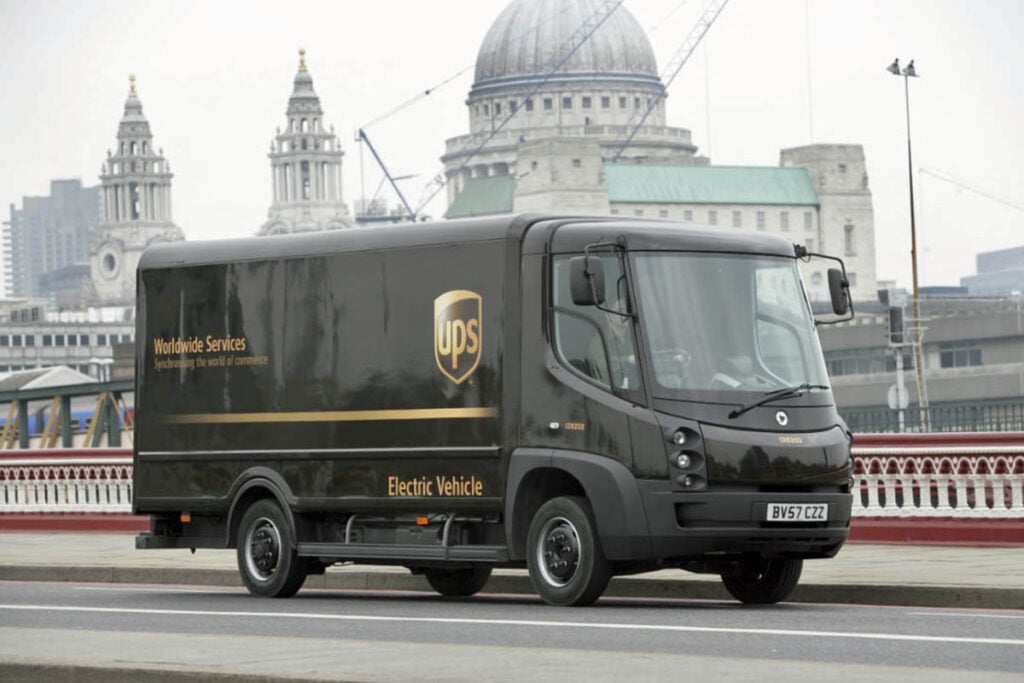The US Supreme Court rejected to hear the case brought by UPS which aimed to rise USPS service fees, as reported by The Hill.
The UPS’ rejected appeal to a lower court focused to force USPS to up their prices, citing the UPSP’s anti-competitive service pricing model to back up the case. The UPS claimed that USPS last mile fees are an unfair advantage.
The UPS argued to the US Supreme Court that USPS’s pricing model has departed from Congress’ requirements. They said that the previous conditions required the USPS to compete [fairly] on a level playing field with private companies for package delivery.
What does it mean for SMBs?
Amazon have backed USPS legal challenge. It’s in Amazon and eBay’s interest to see the supplier’s fees remain the same. While it’s favourable for the marketplace sellers to benefit from the USPS services, other logistics suppliers and the state are working towards overhauling this advantageous situation.
The Donald Trump administration has drafted a proposal which aims to change USPS’s business structure. The plan recommends USPS to develop a new pricing model that would charge market-based prices for mail and packages that not deemed to be “essential postal services“. This would mean higher delivery costs for eBay and Amazon, who are using the supplier for their last mile service.
Earlier this week saw eBay CEO Devin Wenig urging the US government to “work” on policies affecting small and medium-sized businesses (SMBs) which make it difficult for them to compete amongst larger merchants. He called on the state to reject proposals which aim to make rural postal services “non-essential “. He said that the policy would widen the urban-rural economic divide. This would be particularly damaging for eBay sellers as 6 million of US SMBs trading on eBay come from rural areas.










